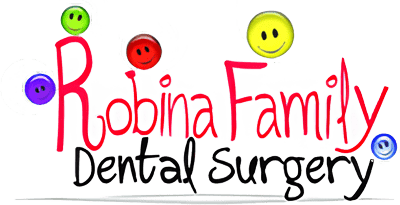Pregnancy and Dental Work
We have often been asked if it is safe to go to the dentist during pregnancy. During this exciting time of preparing for the arrival of your bundle of joy such as doctor visits, birthing classes, and setting up the nursery, don’t forget to add visits to your dentist to the list of things to do. Getting your regular dental checks and cleans is safe and very important for your health and that of your baby. As most of us know, our oral health can impact our general health. However, there are still some concerns women may have about going to the dentist during pregnancy. We will try to address some of these concerns here.

When Should You Let Your Dentist Know You’re Pregnant?
Even when you are not sure if you are pregnant or you are just planning to get pregnant, let your dental team know. Your dentist will also need to know any medications you may be on (prescribed by your doctor or over-the-counter), any special advice from your doctor, or whether your pregnancy is high-risk and needs special care.

Effects of Pregnancy on the Mouth
Gingivitis
We touched briefly on this in our previous blog. During pregnancy, hormonal changes can affect the body’s response to plaque on your teeth and increase the risk of gingivitis. This can present as bleeding gums when you brush and floss. If left untreated, this can lead to periodontitis, which is a more advanced form of gum disease.

Increased Risk of Tooth Decay
There are a number of reasons for this to happen. You may have certain food cravings such as sweet foods or you may want to eat more frequently. Morning sickness can also increase the acidity of your mouth and cause enamel erosion.

Pregnancy “Tumours”
These are raw-red overgrown tissues on the gums and usually appear during the second trimester of pregnancy. It is not cancer and may be caused by too much plaque on your teeth. They will more often than not disappear after the birth of your baby, but if you are concerned you can ask your dentist to remove them.

Other Considerations
Dental X-Rays
With the advancement in technology, most dental clinics use digital dental x-rays, which produces 70% less radiation than conventional x-rays. However, even with conventional x-rays, dental x-rays are extremely low in radiation exposure. You will also be covered with a lead apron which will minimise exposure even further. So yes, dental x-rays are safe during pregnancy.

Local Anaesthetics
If you need dental work done and don’t want to put up with the discomfort of the procedures, the local anaesthetics used by your dentist is safe for both you and your baby. Multiple studies have shown dental anaesthetics do not cause birth defects, miscarriages, premature births, nor do they affect baby birth weights.

Fluoride
Fluoride has gone through much controversy since its appearance on the dental scene. The benefits of fluoride have been proven to far outweigh any negative arguments put forward by those who oppose it. Fluoride helps strengthen teeth and prevent tooth decay (which, as previously mentioned, may increase during pregnancy). Fluoride in toothpaste and water will not pose any harmful effects to a developing baby.
Comfort in the Dental Chair
We understand when you are advanced in your pregnancy lying down in the dental chair may not be the most comfortable position. Let your dental team know and they can help by supplying you with pillows or cushions to help raise your hip or support your back.

Remember, your dentist is concerned about you and your baby, so ask him/her any questions you have that may help you have a healthy pregnancy so you can keep smiling!
